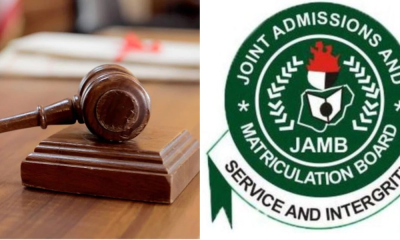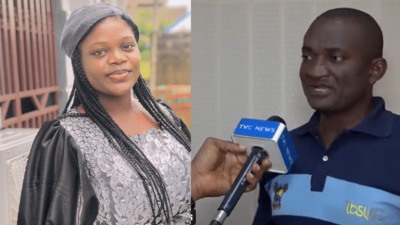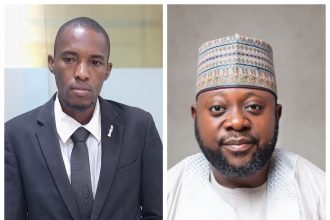In a significant legal development in Nigeria, 15-year-old Master Chinaemere Opara has initiated a lawsuit against key educational authorities, challenging a recently introduced admission policy that he claims restricts fair access to tertiary education. The lawsuit, filed at the Federal High Court in Abuja by his father and legal guardian, Mr. Maxwell Opara, asserts that the policy is discriminatory, particularly affecting students from disadvantaged backgrounds.
Background of the Case
Master Chinaemere Opara, a student in Senior Secondary 2 (SS2) at Sure Start Secondary School, argues that the new admission policy, which mandates that candidates must be at least 16 years old to gain admission into universities, violates his constitutional rights. The policy, announced by the Minister of Education, Prof. Tahir Mamman, has been met with considerable opposition from parents and education stakeholders who fear it may create barriers for many aspiring students.
Legal Grounds for the Lawsuit
The suit, referenced as FHC/ABJ/CS/1512/2024, was filed on October 14, 2024. Opara’s legal team seeks six forms of relief, including a declaration that the age restriction is unconstitutional and discriminatory. The plaintiff argues that the policy undermines his rights as enshrined in the 1999 Constitution of Nigeria, particularly:

- Right to Freedom from Discrimination: Opara claims the policy discriminates against younger candidates, limiting their access to higher education based solely on age.
- Right to Education: The lawsuit emphasizes that there is no federal or state law in Nigeria that specifies an age limit for university admission, as long as the candidate has completed secondary education and passed relevant examinations.
- Freedom of Expression and Association: Opara asserts that the policy infringes upon his rights to freely associate and express himself through education, particularly his pursuit of sitting for the West African Examinations Council (WAEC) and Joint Admissions and Matriculation Board (JAMB) exams.
Specific Claims
In his affidavit, Mr. Maxwell Opara highlights his son’s ambitions to study Medicine and Surgery, which necessitates extensive education and training. He points out that Chinaemere plans to take the WAEC, NECO, and JAMB exams in 2025, with the hope of securing admission for the 2025/2026 academic year. The father argues that the introduction of the age limit could significantly hinder his son’s academic aspirations and future career.
The Impact of the Admission Policy
The policy has raised concerns among various stakeholders in Nigeria’s education system. Critics argue that it disproportionately affects students who are academically prepared but fall short of the arbitrary age requirement. This could particularly impact students from rural and economically disadvantaged backgrounds, who may not have the same educational opportunities as their peers.
Current Status of the Lawsuit
As of now, the lawsuit has yet to be assigned to a judge. The case is poised to attract significant public interest, given its implications for educational policy and access in Nigeria. If the court rules in favor of Opara, it could lead to the annulment of the controversial admission policy, setting a precedent for equitable access to education in the country.
Broader Implications
This legal challenge not only addresses individual rights but also raises fundamental questions about educational reform in Nigeria. The debate surrounding the admission policy underscores the ongoing struggle for inclusive education that accommodates all capable students, regardless of age or socioeconomic status.
In conclusion, Master Chinaemere Opara’s lawsuit represents a crucial moment in Nigeria’s educational landscape, advocating for the rights of young students and challenging systemic barriers that may hinder their pursuit of higher education. As the case unfolds, it could have lasting effects on policy and access to tertiary education in Nigeria.










